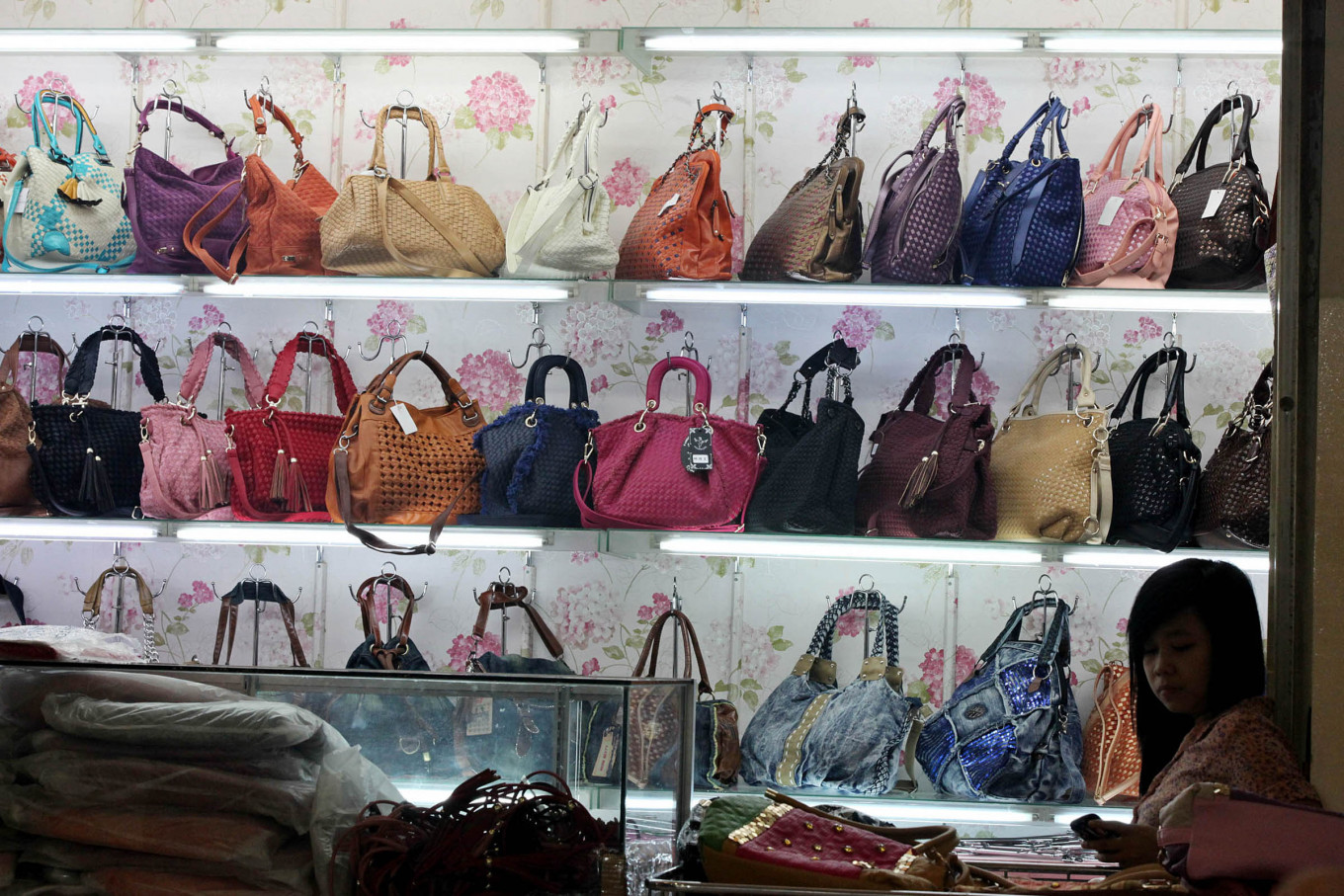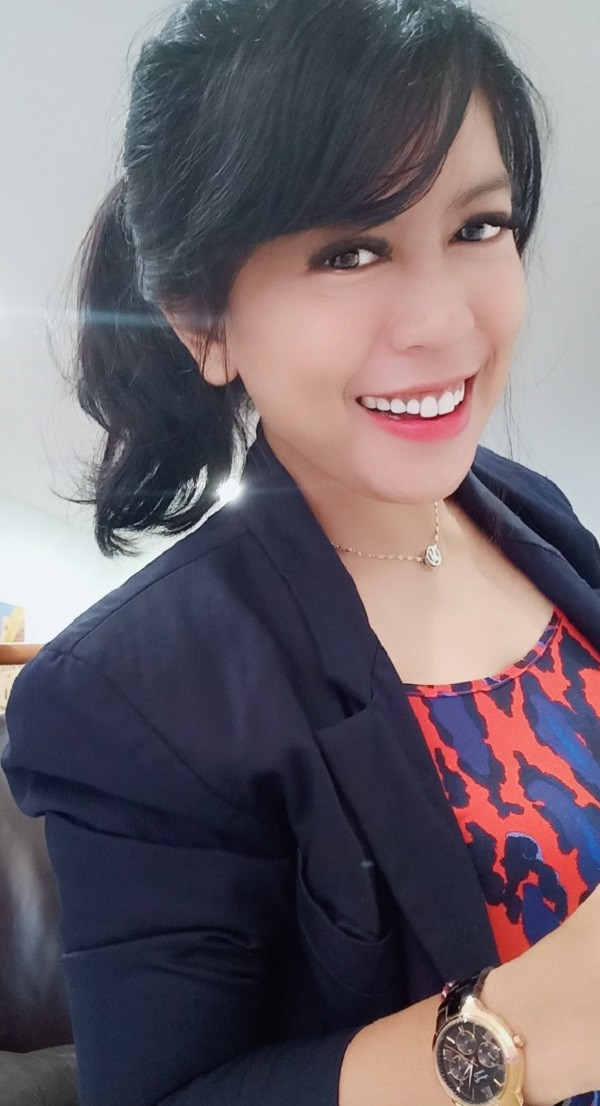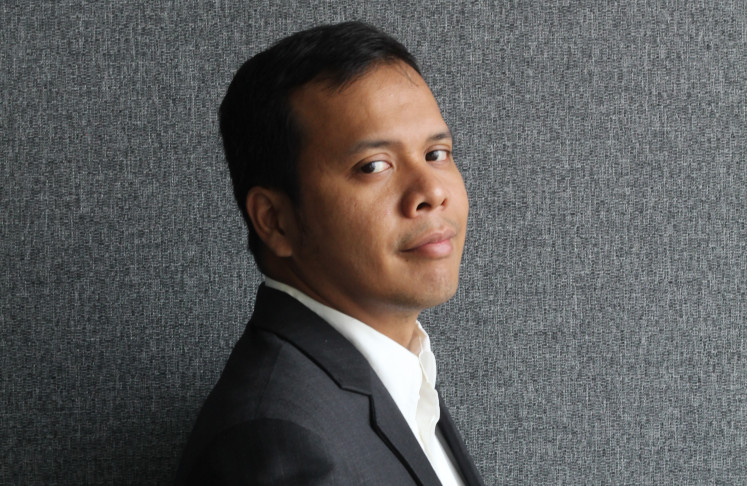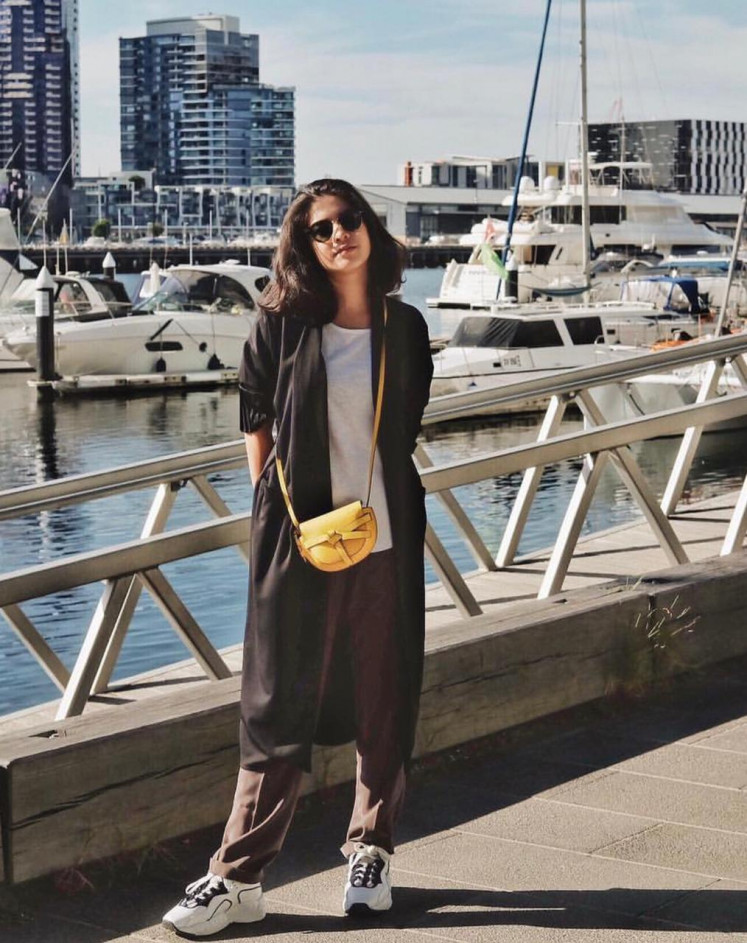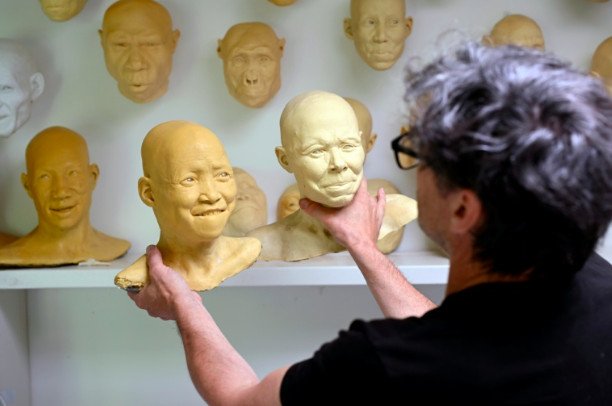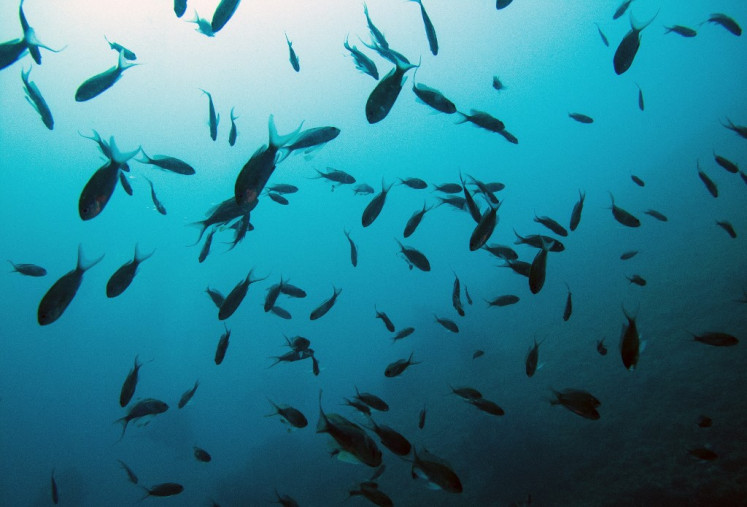Popular Reads
Top Results
Can't find what you're looking for?
View all search resultsPopular Reads
Top Results
Can't find what you're looking for?
View all search results'KW' culture: Why imitation goods persist in Indonesia
Indonesia with its diverse culture and beautiful nature is a potential Petri dish of creativity. However, intellectual rights infringements somehow remain a looming concern.
Change text size
Gift Premium Articles
to Anyone
I
ndonesia has a severe case of copycat-itis. Take, for example, the case of Rabbit Town, a theme park in Bandung, West Java. After years of controversy since its opening in 2018, a judge has found that its “Love Light” art installation was plagiarized from late United States artist Chris Burden's “Urban Light” piece and therefore must be removed
"I took a peek into the case-tracking information system. They [Rabbit Town's management] are going to a higher court," Mayo Falmonti, managing partner of FAZ Consulting, a law firm in South Jakarta, told The Jakarta Post.
"This is [going to be] one of the landmark cases involving plagiarism in Indonesia. But this case is still ongoing, so we need to watch the development of the case going forward. At least this will be a good start for the world of the creative economy, especially concerning copyright."
The decision may shape the future of intellectual rights in Indonesia as counterfeits persist in Indonesian markets — which is a mystery in itself. Why would people turn to counterfeit goods despite the country's authentic creative industry?
Reflection of self-value
Rara Kinanti, a 32-year-old entrepreneur from Jakarta, has been collecting branded fashion items for the past seven years or so.
“My favorite brands are Margiela, Boyy, Marni, Simone Rocha, Toga, Loewe, Prada and Chanel. I collect shoes and bags, mainly. Lost count of how much I've spent and how many I currently own," she said.
To show her passion for the brands, Rara makes sure that she buys her collection only from official stores or trusted online retailers like Selfridges or Netaporter.
On the other hand, Maya Novisyah, who works in the engineering industry, has had her share of counterfeit goods. "My career was still budding then, and I wanted to keep up with the trends, especially if I liked the models. So I would buy 'Chanel' from Pasar Senen and 'Furla' from Mangga Dua. I chose KW premium [first-grade imitation] since they have the most likeness to the original items,” the 33-year-old said.
Different views: Maya thinks a person's social circle affects their perception of fake goods. (Maya Novisyah) (Personal collection/Courtesy of Maya Novisyah)Lenni Tedja, a former executive of a luxury goods importer and retailer, said it was hard to control the circulation of counterfeit goods because the demand exists. "It persists because it sells. The luxury brands won't cater to the demand for lower-priced products, most of them don't even do discounts, so there will always be a gap to fill when it comes to luxury items, especially in Indonesia, where people care a lot about prestige without considering their financial abilities."
Maya believes wearing counterfeit bags is acceptable, especially for people in the lower middle class. "Being fashionable isn't the [exclusive] right of rich people. [Lower middle-class people] also want to be fashionable within their circle where it's not important whether it's original or not."
Working as a secretary to her employer’s CEO, Maya believes that social circles can affect one's attitude when it comes to counterfeit goods. "Your environment affects you a lot. For example, if you [hang] with the young moms from the lower economy, you [will feel] really cool wearing a KW premium bag. But when you're among the upper-middle class, you're more confident with a goodie bag than a [KW premium] bag."
Mayo believes that the need for esteem, combined with economic reasons, is the main reason fake items are circulating in the country. "Indonesians will buy products to make them look cool and to be accepted in society, even if they’re fake," said the intellectual property consultant.
However, it was not always the case. Rara collects original items, not only for their prestige but also for the design and craftsmanship of the brands. "Owning branded items certainly doesn't define my value as a person. I own them for fun and self-satisfaction," she said.
Counterfeits and how brands react
In order to create their product, brands have to spend on research and development, as well as marketing. Luxury brands, in particular, pour an exorbitant amount of money into these processes.
"The original creator would burn money to create the best product at that moment. That's why people pay [the premium] rather than buying fakes. In addition, counterfeit products are usually lower quality," said Mayo.
Protection: Mayo advises brands to be more proactive when it comes to intellectual property protection. (Mayo Falmonti) (Personal collection/Courtesy of Mayo Falmonti)However, brands do not have a uniform approach when it comes to protecting their investment and intellectual property. "Brands have different approaches. Some will issue a complaint [and leave it at that] others run PR campaigns," said Lenni.
For instance, she once took one of the top brass at Dior to, in her words, "raid" a five-star hotel that hosted a counterfeit goods bazaar. "The hotel management didn't know that. The organizer was a Singaporean expatriate, so they were convinced [that he was credible]," the vice president of textile manufacturing said.
"But they had counterfeit goods. [So] we ran a newspaper campaign to remind people that [Dior] do not sell their rejects nor do any discounts."
Other brands, on the other hand, are stricter in their approach. For example, she said that Prada once hired seasoned lawyer OC Kaligis to file a lawsuit against a local store in Bali for using its trademark without permission and selling counterfeit Prada accessories.
"It all depends on the brand. Some brands are not bothered — if you can only afford their imitations, you're simply not their target market."
Paradigm shift
Maya stopped wearing faux accessories after she became an adult. "Now there are many local products that are cheap too. I think it's better to use a local bag [that is original] than a [counterfeit] one."
That is a sentiment shared by Rara. The former employee of a Japanese financial company said she did not always have the privilege of purchasing these pricey accessories, but she tried to steer away from counterfeit goods regardless.
"If I really like the design and I find [goods with a similar style to other brands], I might buy them. [I will] not [buy] counterfeits, though. I'd be wary of wearing them [in public] if they're fake."
No fakes: Rara only buys her favorite brands' items from trustworthy sources (Rara Kinanti) (Personal collection/Courtesy of Rara Kinanti)More Indonesians are switching to original products because they appreciate their creation process. However, some will still purchase counterfeit products simply because they are cheaper.
"I recently bought some cosmetics that I suspect to be fake [because of their price]," said Maya, although she added that she later discarded the product for safety reasons.
Mayo believes the government should be more proactive in stopping the circulation of counterfeit goods by halting the importation of fake products or barring them at the ports of entry.
"The current practice is, brand owners have to make a report first after the goods have circulated [for any action to be taken]. But honestly, it would be easier to stop them while they're still outside our doorstep," he concluded.

